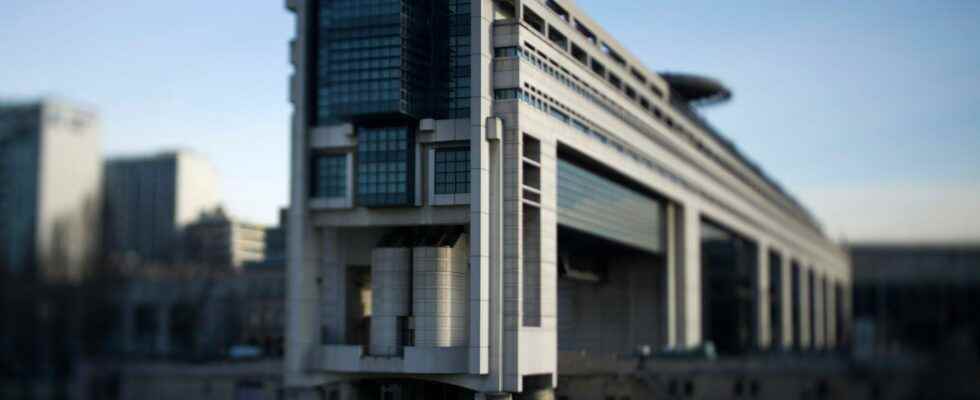With sluggish growth and rising debt rates, the year 2023 is the year of all dangers. The Standard & Poor’s agency has placed France’s rating on negative watch and anticipates growth of only 0.2%. That is… much less than what is forecast in the 2023 budget by the government, which has quantified all its budget forecasts with 2023 growth at… 1%.
Far from these concerns, the executive had Parliament vote for an increase in expenditure of 49 billion euros compared to 2022. Result: the public deficit widens in 2023 by 5.7 billion compared to 2022… and the debt public sector increases by another 124 billion to reach 3072 billion. These figures – already very bad – are unfortunately better than what will actually happen since the IMF and the S & P Agency both anticipate a public deficit of more than 5% of GDP in 2023 for France… and a debt that would exceed 112% by 2024. The entire debt reduction trajectory would then be wiped out.
The risk of zero growth, or even a slight recession, is great: in this scenario, the public deficit forecast for 2023 would no longer be 138 billion… but around 153 billion in the event of zero growth , or even 160 billion with a recession of -0.5%… This lack of anticipation by our executive would also obviously have an impact on employment with an unemployment rate of 7.7% (if growth is zero), or even 8 % in the event of a -0.5% recession… far from the 7.2% expected by the government.
For its part, the budgetary burden of the State debt has already increased from 35 billion in 2020 to 51 billion in 2022 and could soon reach 70 billion euros per year, i.e. 16 billion more than the budget of the State. ‘National Education. With inflation but no growth, these sums will become very difficult to finance. A veritable budgetary iceberg. The year 2023 is all the more the year of all dangers as we still have a total financing need for public administrations of around 330 billion euros this year. A gigantic sum that we risk finding it increasingly difficult to finance at low rates given the fact that the Germans and Italians will also be issuing a lot of debt this year.
Is it already too late?
It must be said clearly here: above an interest rate of 3%, pension reform becomes critical to avoid cascading downgrades in France’s rating. At 4%, emergency tax hikes would be the only option to reduce the deficit. And this even though we have never paid so many taxes (45.2% of GDP in 2022), that our companies are suffering – especially in industry and crafts – as never before from the rise in the price of energy and do not know how they will repay their state-guaranteed loans granted during the pandemic.
Since the Covid, no room for maneuver has been preserved, all financial latitudes have been consumed by the policy of “whatever the cost”. And we no longer have a budgetary trajectory for lack of a majority in Parliament. France is therefore moving forward in a thick financial fog.
“The time has come to re-engage in the restoration of our public finances”, has just said the Minister of the Economy Bruno Le Maire while announcing the launch of a “review of public expenditure” from the month of January. The next few months will tell us if it was not already too late. Let’s hope that with a real pension reform and a recovery plan for our public finances, we will avoid the iceberg.
